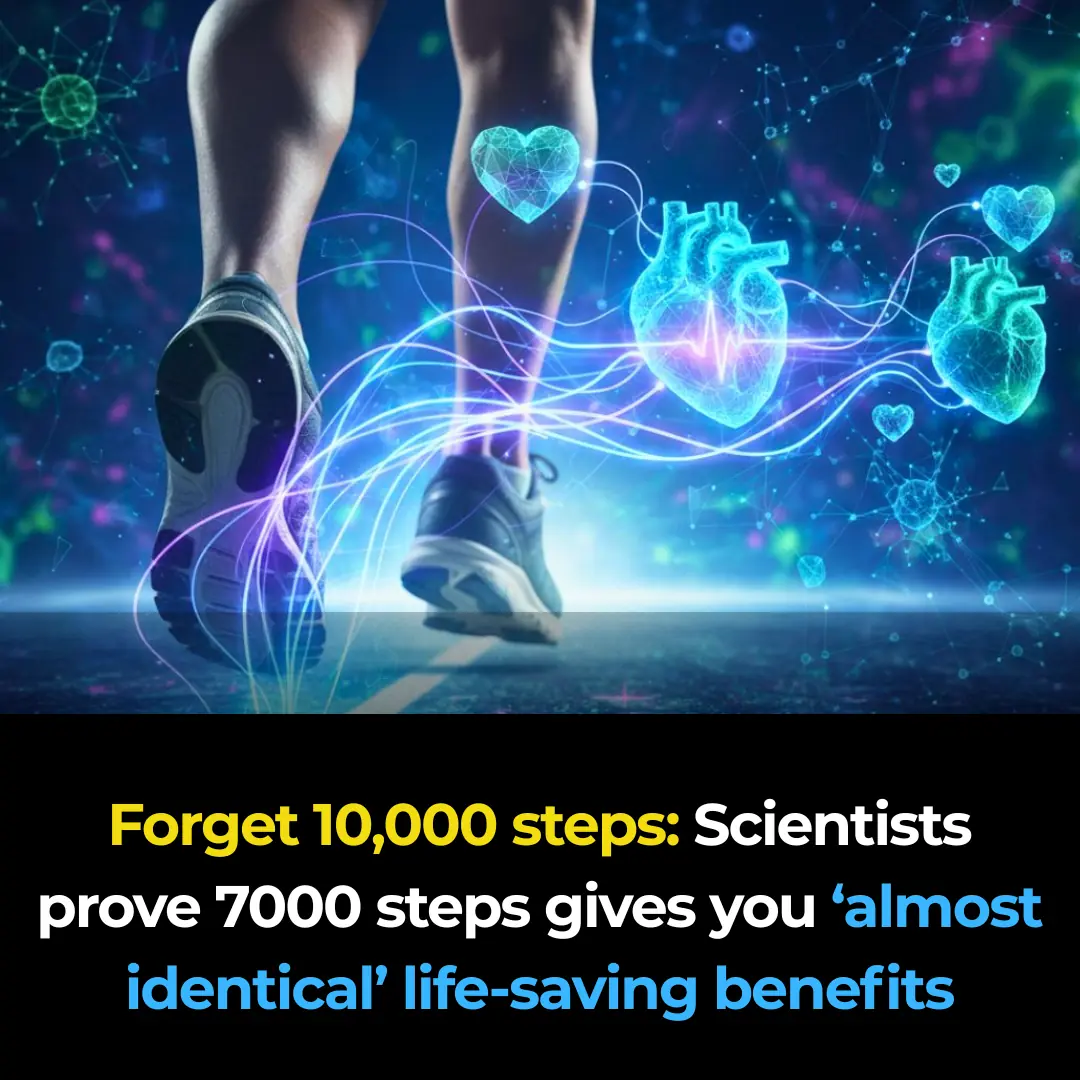
The Health Benefits of Fasting: How It Regenerates Stem Cells, Fights Cancer & Protects Your Heart
Fasting, the voluntary abstention from food for a specific period of time, has been practiced for centuries in various cultures and religions. While many associate it with spiritual or religious purposes, modern science is uncovering a wide range of health benefits linked to fasting. Among the most promising discoveries are its effects on stem cell regeneration, cancer prevention, and heart health. These findings suggest that fasting may be one of the most powerful and natural ways to enhance the body’s healing abilities.
One of the most remarkable effects of fasting is its ability to regenerate stem cells. Stem cells are responsible for repairing damaged tissues and maintaining overall cellular health. As we age, the number and efficiency of stem cells decline. However, studies have shown that fasting for extended periods—typically 48 hours or more—can activate pathways that stimulate the regeneration of stem cells. During fasting, the body enters a survival mode, breaking down old and damaged cells to conserve energy. When eating resumes, the body rebuilds itself, creating new, healthy cells. This process is called cellular regeneration, and it plays a critical role in slowing down the aging process and improving immune function.
Fasting also has powerful implications in the fight against cancer. Cancer cells rely heavily on a constant supply of glucose to grow and multiply. When you fast, blood sugar levels drop, effectively starving cancer cells while healthy cells enter a protective mode. This phenomenon, known as differential stress resistance, allows normal cells to resist damage while cancer cells become more vulnerable to treatment. Research from institutions such as the University of Southern California has shown that fasting can enhance the effectiveness of chemotherapy and reduce its side effects. Additionally, fasting triggers a process called autophagy, where the body breaks down and removes damaged or malfunctioning cells, including those that may turn cancerous.
Another critical benefit of fasting is its positive impact on heart health. Cardiovascular disease remains one of the leading causes of death worldwide, and many risk factors—such as high blood pressure, cholesterol, and inflammation—can be managed through dietary habits. Intermittent fasting and time-restricted eating have been shown to reduce levels of LDL (bad cholesterol), lower blood pressure, and improve insulin sensitivity. These changes help reduce the risk of heart attacks and strokes. Moreover, fasting reduces oxidative stress, which contributes to the hardening of arteries and other cardiovascular problems.
Beyond these major benefits, fasting also promotes weight loss, balances hormones, improves brain function, and enhances mental clarity. When the body runs out of glucose, it begins to burn fat for energy, which can lead to efficient and sustainable fat loss. Hormones like insulin and human growth hormone (HGH) become more balanced during fasting, promoting muscle growth and better metabolism. On the cognitive side, fasting increases the production of brain-derived neurotrophic factor (BDNF), a protein that supports learning, memory, and overall brain health.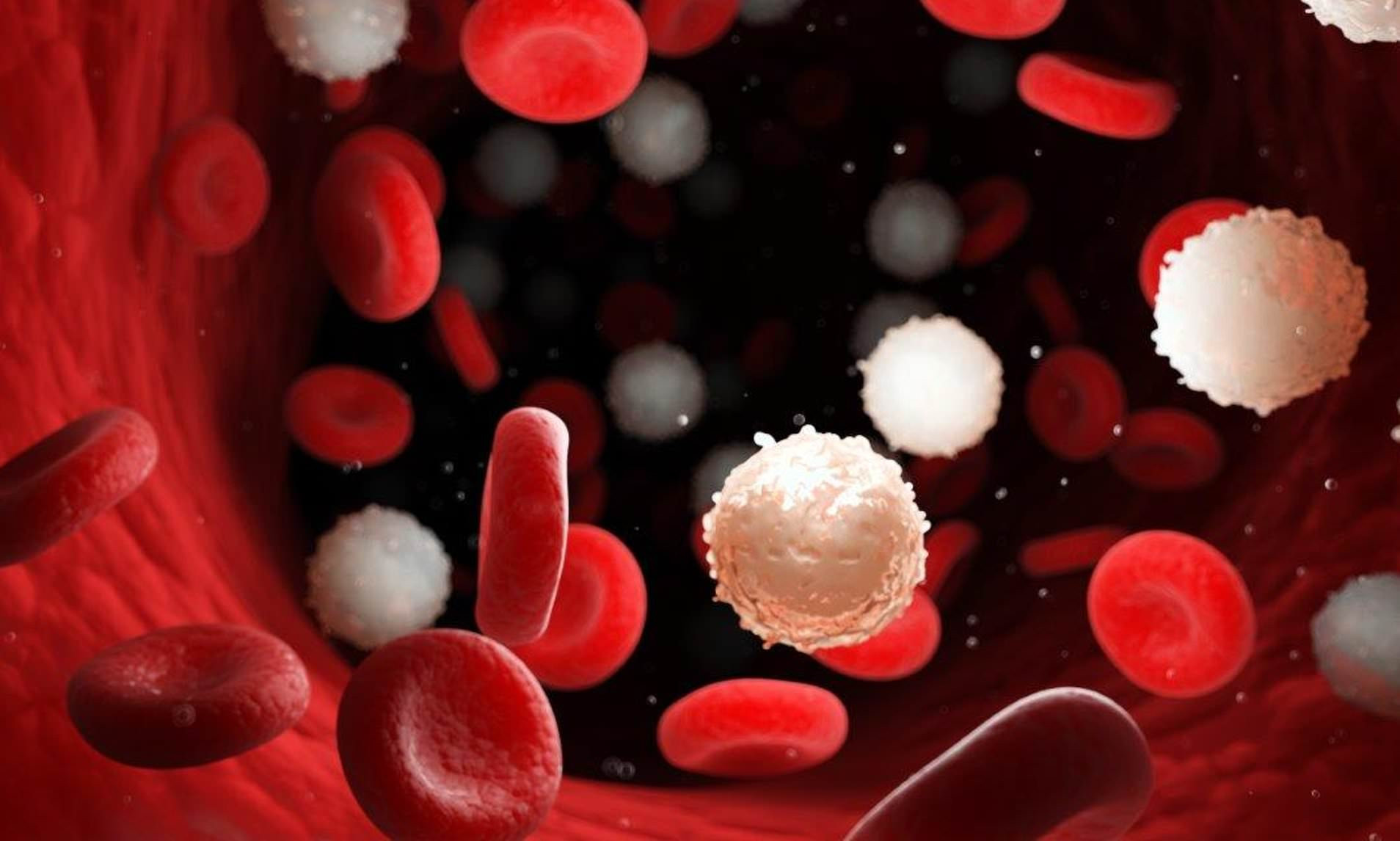
While fasting offers numerous benefits, it’s important to approach it responsibly. Fasting may not be suitable for everyone, especially those with medical conditions, pregnant women, or people with eating disorders. Consulting with a healthcare provider before starting a fasting routine is always recommended.
In conclusion, fasting is more than just a diet trend. It’s a natural and powerful biological process that supports the body’s ability to heal, repair, and protect itself. From regenerating stem cells and fighting cancer to improving heart health, fasting holds immense potential for those seeking to improve their well-being. As science continues to explore its effects, fasting may soon become a mainstream tool for preventive healthcare and longevity.
News in the same category

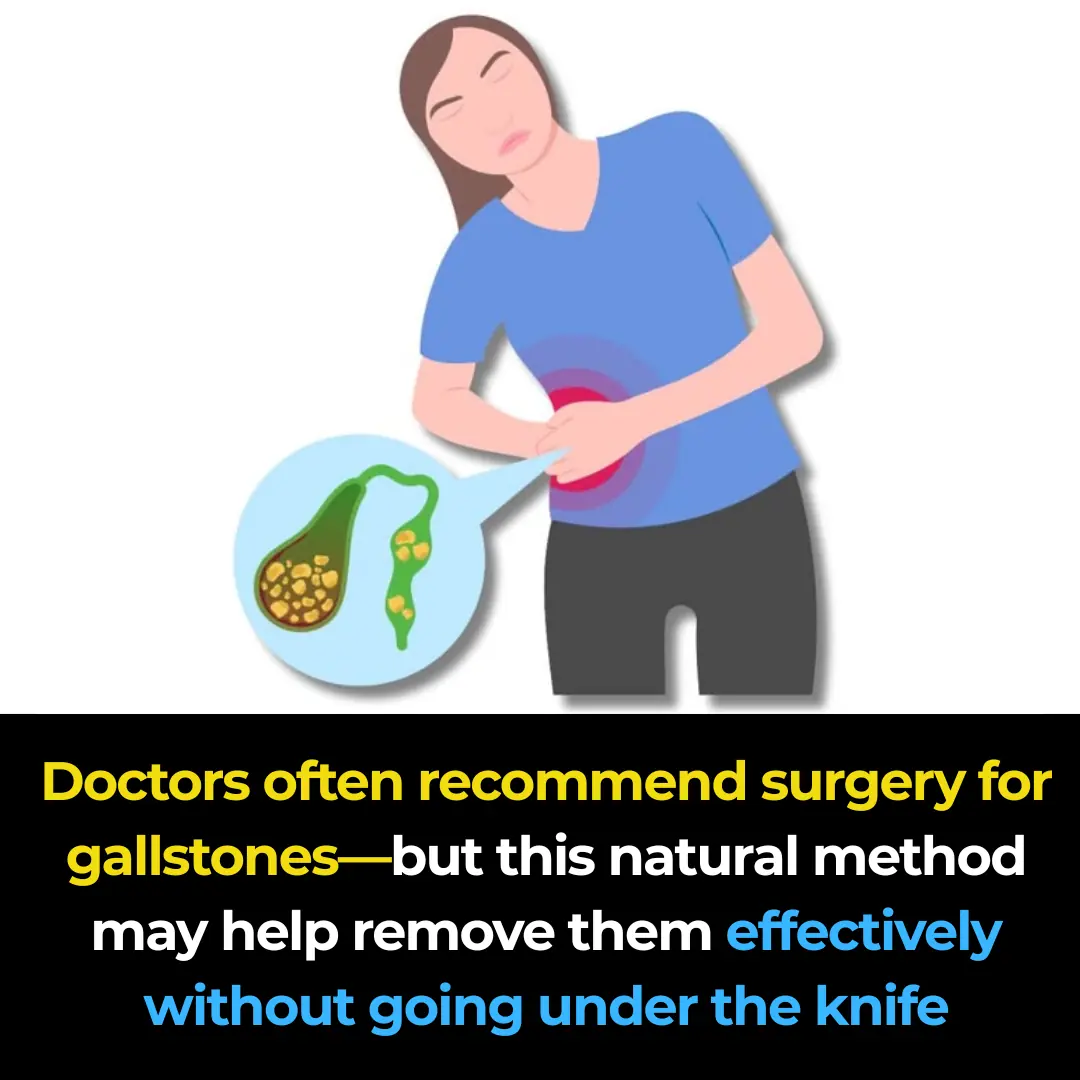
The Most Effective Natural Way to Remove Gallstones

4 hidden signs of iodine deficiency in your skin, hair & nails

Here's why you should never sleep with the bedroom door open. FIND OUT MORE IN THE COMMENTS ⬇️

The Purple Maguey Plant — Benefits and Traditional Uses

How to Naturally Kill The Bacteria That Causes Bloating And Heartburn

Bananas: The Common Fruit That Could Drastically Improve Your Health

Why People with Green Eyes Are So Fascinating
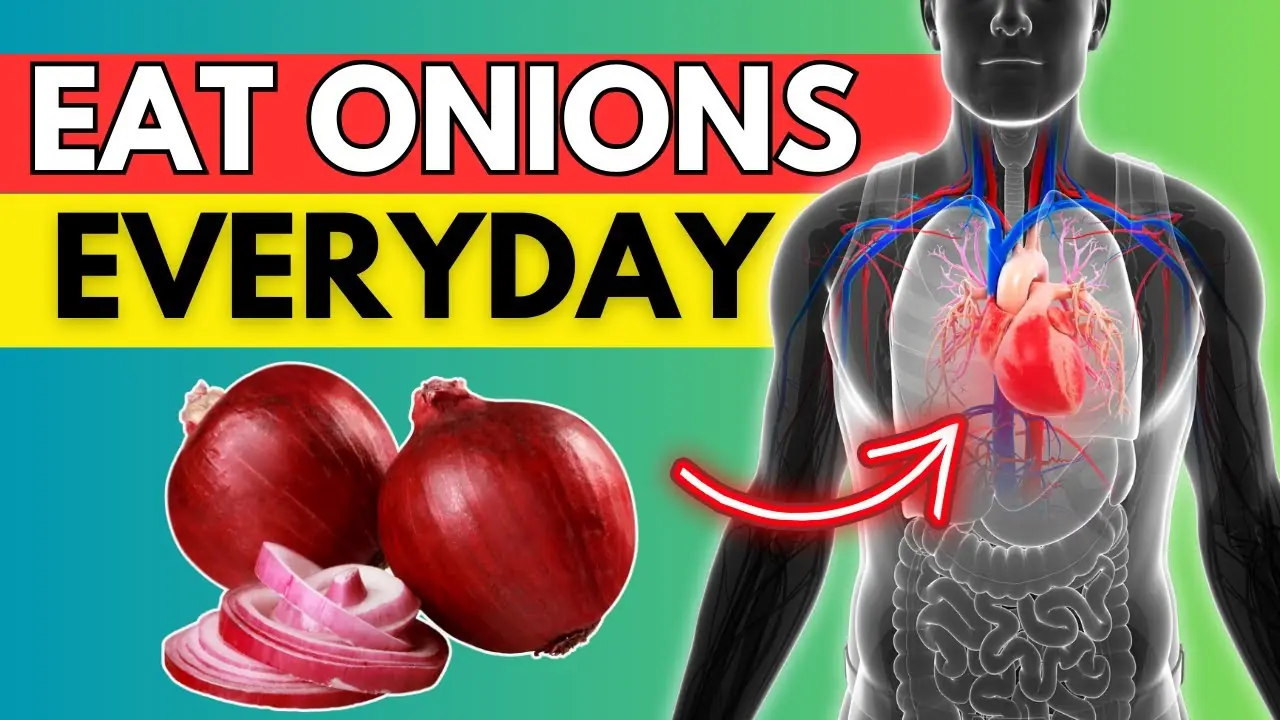
Eat Red Onions Daily and Watch This Happen

What’s the Line Between Normal and Abnormal Nighttime Urination?

Effective Exercises to Relieve Heel Pain
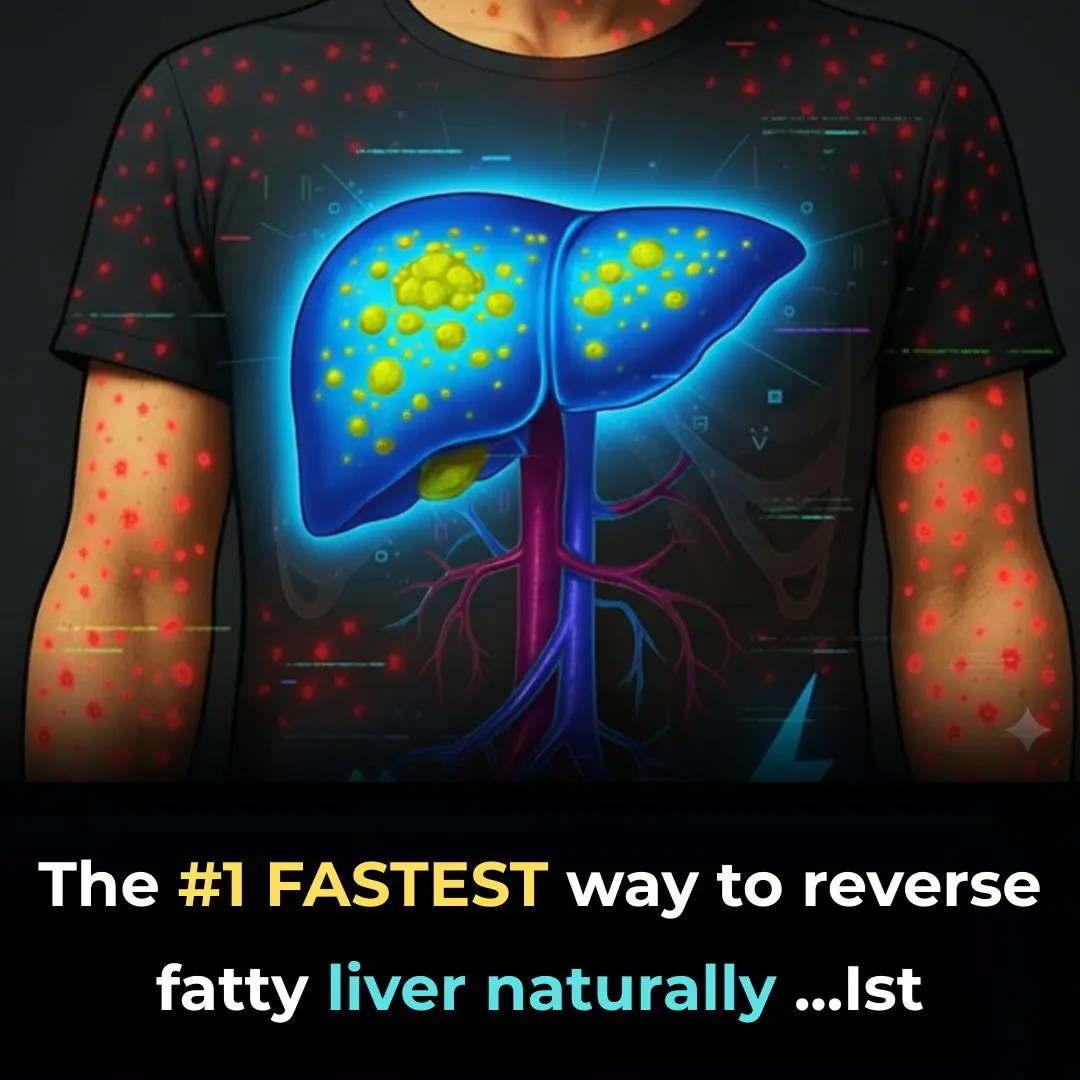
The #1 FASTEST way to reverse fatty liver naturally
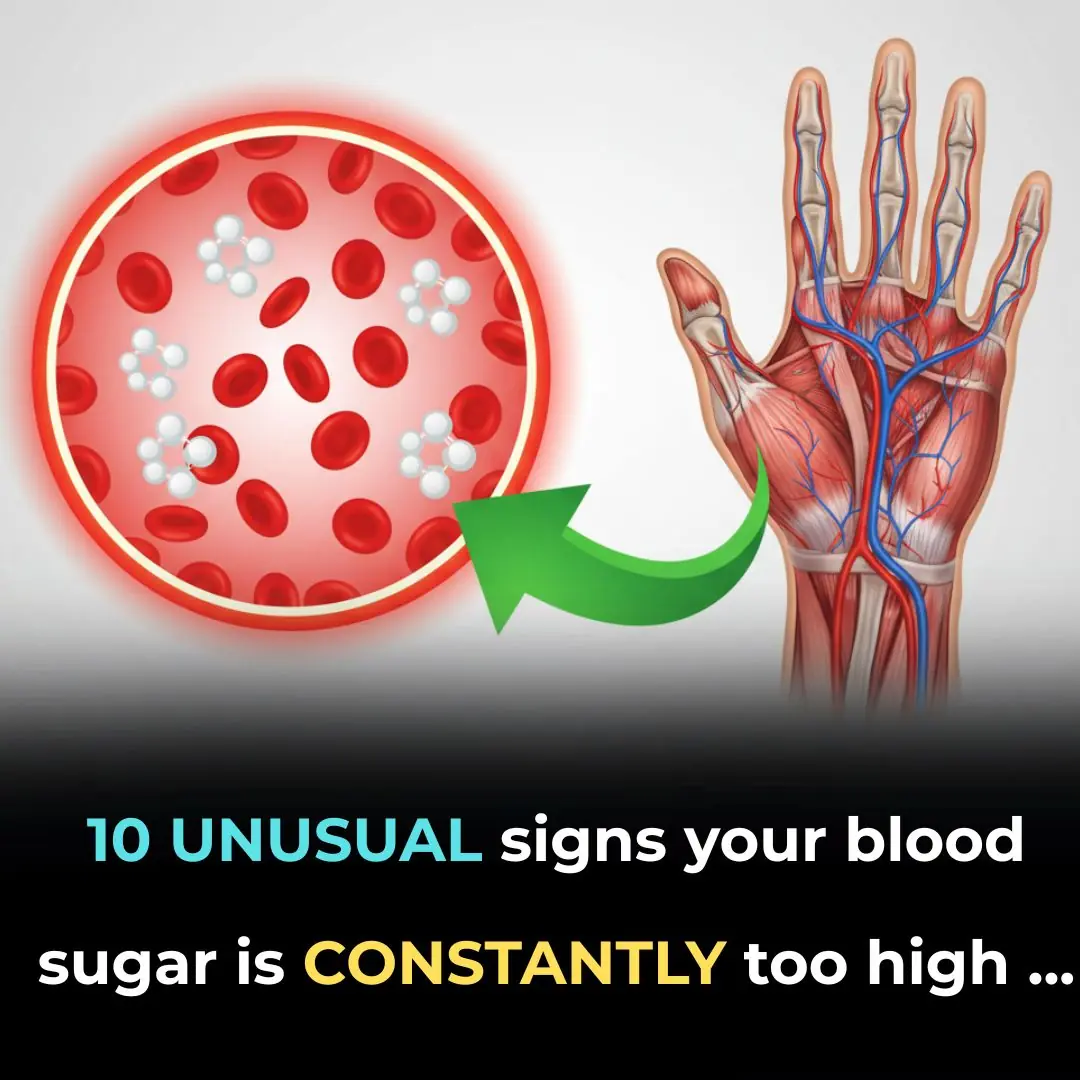
10 Unusual Signs Your Blood Sugar Is Constantly Too High

Horrifying Reality Of What Airport Security Are Able To See

Garlic, Onion & Olive Oil: The Ancient Trio That May Naturally Soothe Varicose Veins
Garlic, onion, and olive oil are humble ingredients with extraordinary benefits for circulation and vein health.

12 Powerful Herbal Teas to Naturally Lower Uric Acid and Ease Gout Pain
These teas work best alongside healthy lifestyle choices—balanced nutrition, hydration, and regular activity.

The surprising benefits of drinking apple cider vinegar before bed

Say Goodbye to Leg Cramps: 8 Vitamins Every Senior Needs for Stronger Legs
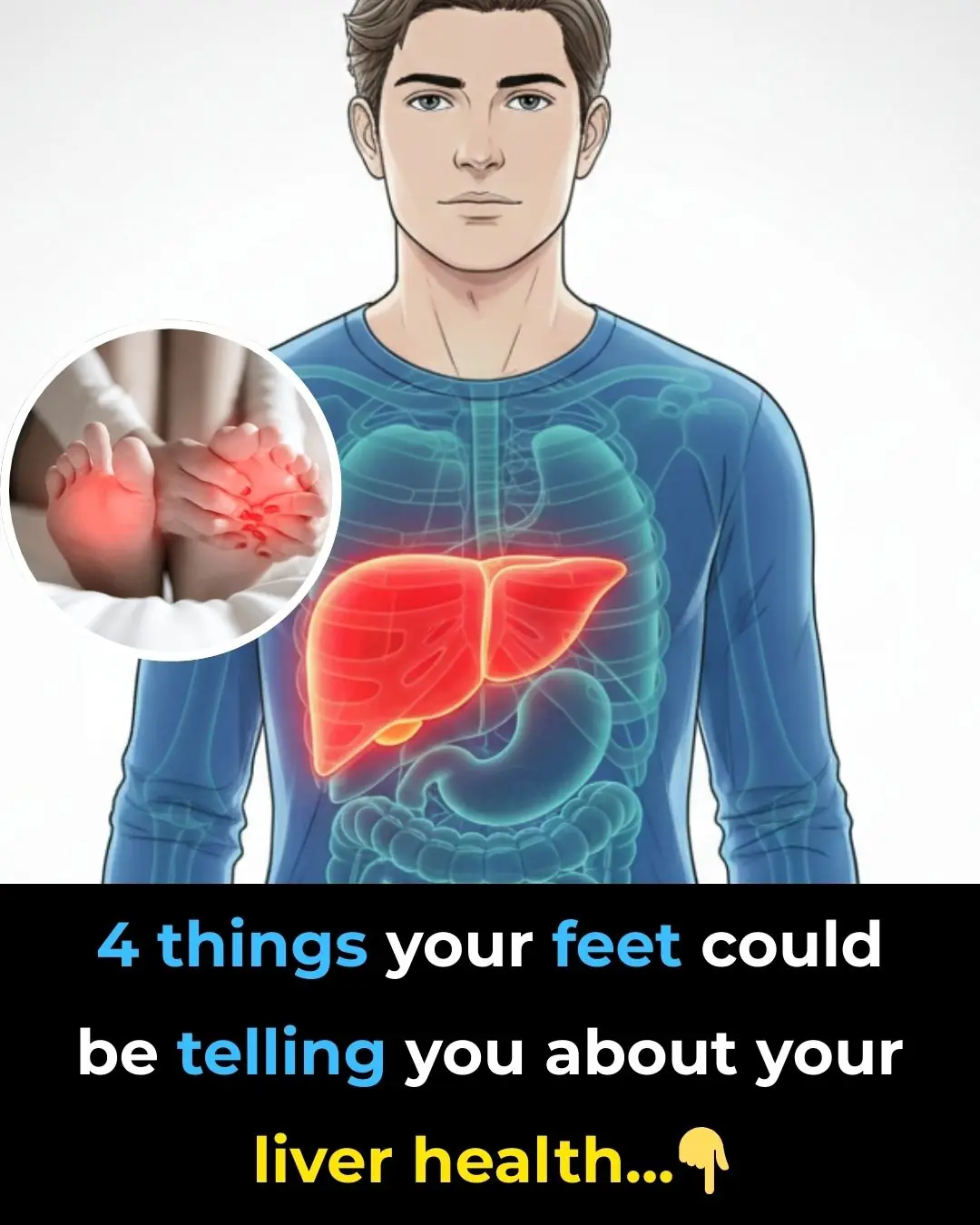
4 Things Your Feet Could Be Telling You About Your Liver Health
News Post

Forget 10,000 steps: Scientists prove 7000 steps gives you ‘almost identical’ life-saving benefits

The Most Effective Natural Way to Remove Gallstones

4 hidden signs of iodine deficiency in your skin, hair & nails

Objects People Were Confused About Their Purpose

Little Pocket in Women’s Underwear

What are the benefits of aloe vera? Here are 11 uses of aloe vera for health and skin

Just by looking at the spot on the crab's shell, 100% of the meat is packed to the brim, with my husband and children praising it non-stop.

These familiar fruits help improve sleep, especially number 1, which is both affordable and delicious.

Goosegrass: Health Benefits and Uses

7 Benefits of Chewing Raw Garlic on an Empty Stomach

Here's why you should never sleep with the bedroom door open. FIND OUT MORE IN THE COMMENTS ⬇️

Don’t Wash Your Wooden Cutting Board with Soap When It’s Moldy: Try This Simple Method to Make It Spotless in Just 5 Minutes

Mixing Essential Balm with Toothpaste: A Handy Tip Everyone Should Know, Both Men and Women Will Want to Follow Once They Discover It
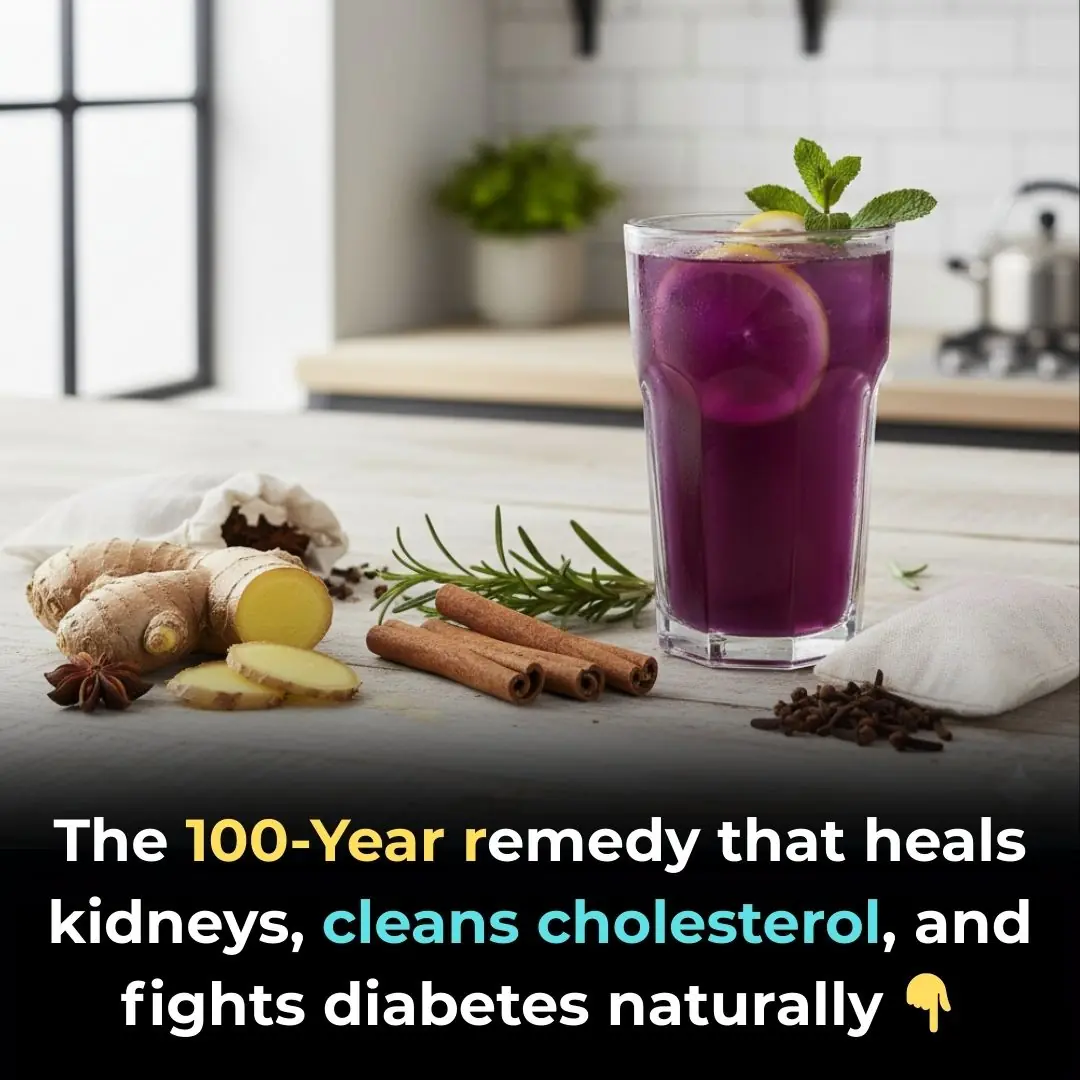
They Call It the Blood Sugar Remover: The 100-Year Remedy That Heals Kidneys, Cleans Cholesterol, and Fights Diabetes Naturally

Top 5 Amazing Tips for getting rid of Blackheads and Whiteheads

14 Items to Throw Away Right Now

Group finds spiky creatures in nest – shocked when they realize what they are

The Purple Maguey Plant — Benefits and Traditional Uses
